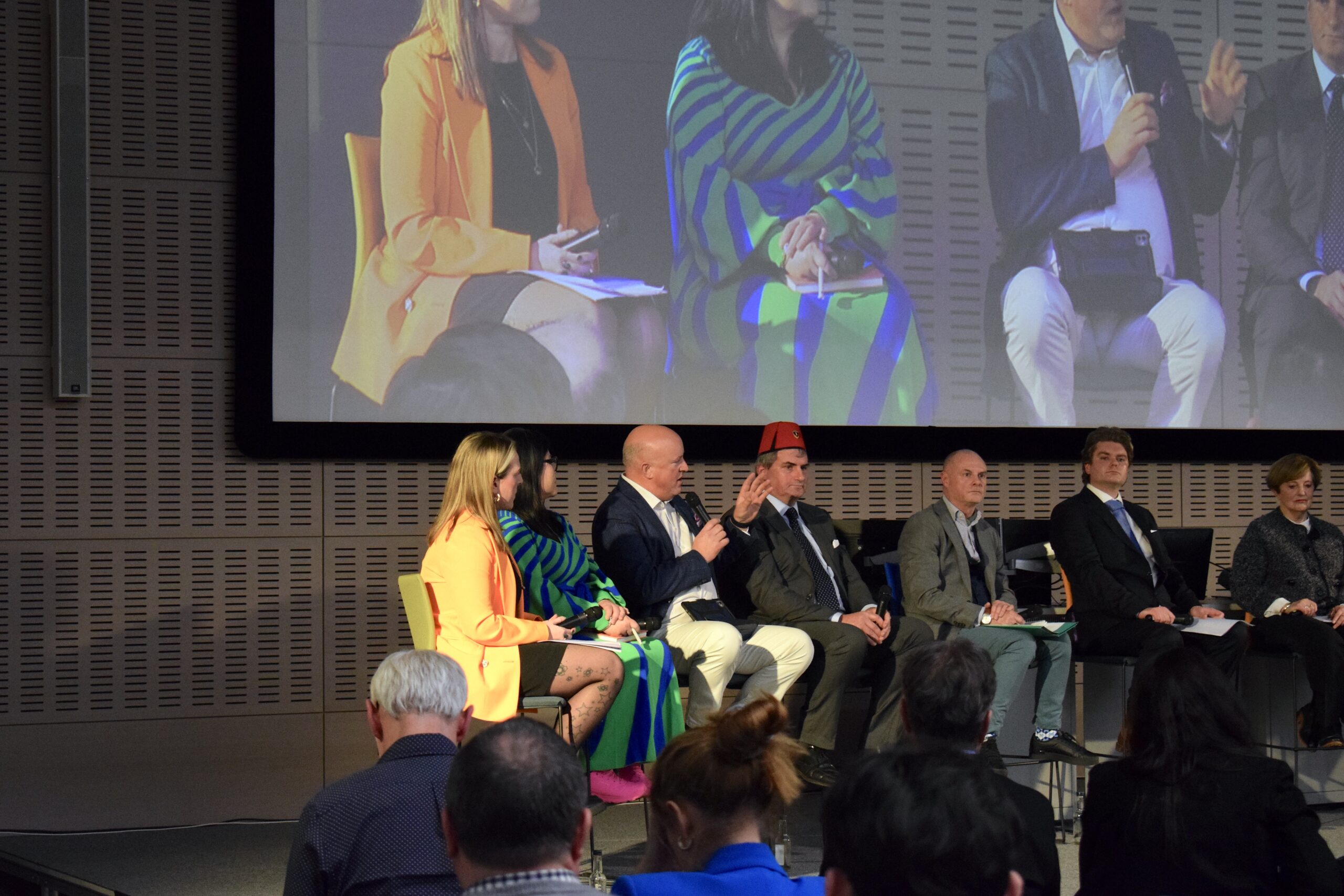For Aubrey McCarthy, most problems to be solved by the government should start with housing.
This was certainly the focus of the conversation when McCarthy, candidate for one of three Trinity seats in the upcoming Seanad Éireann election, spoke with the University Times ahead of the vote.
McCarthy, who is from Kildare, attended Trinity first to receive a Bachelor of Science in Management, then later for a Masters in Business Administration and Management.
McCarthy founded Tiglin in 2008, a charity which works with those struggling with addiction and homelessness, among other issues. McCarthy says his experience on the ground with disadvantaged people has given him a practical approach to government which he’d bring to the Seanad.
“The idea behind setting up Tiglin was to try and make a difference,” McCarthy said. “I have always been very practical– that if an older woman falls across the road, you don’t look for policies or procedures or campaigns in order to pick her up. You go over and you pick her up.”
How McCarthy’s run Tiglin for the past 15 years has extended to how he’s run his Seanad campaign, McCarthy says. Many of the influential people behind his campaign began as patrons of Tiglin.
“If you look at my campaign today, even the people that are printing the leaflets, the people that are looking after my website, they’re all people that I met on the streets. They’re all people that I would’ve helped out and now they’re the ones that are telling me what to do,” McCarthy said. “So if anything, I’m a great talent spotter. I can spot people that have hidden potential.”
McCarthy also discussed the recent proposed ban on on-street soup kitchens. The measure, which gained controversy after a protest outside the GPO, would force those giving food to long queues in prominent areas like Grafton and O’Connell Streets to quit their practice. McCarthy, giving context to the government’s actions, attempted to propose a compromise to the ban.
“The government are going to clamp down on this because anyone could run a soup run with no Garda vetting, with no HACCP regulation, and therefore make the most vulnerable even more vulnerable,” McCarthy said. “However, if you are going to pull the trigger on trying to legislate and get rid of the soup runs, you must have an alternative because you can’t have people that are homeless and vulnerable turning up at the GPO and we just say, ‘Oh, sorry– health and regulation means that we can’t feed you.’ That’s not a runner either.”
McCarthy further explained that the government should focus on supporting registered charities who have the Garda vetting and capability to continue serving disadvantaged people, like Tiglin and the Dublin Simon Community.
On other issues which affect the nation and have gained national prominence, like transgender healthcare and the ongoing conversation surrounding the enactment of the Occupied Territories Bill, McCarthy said that even those issues have effects on the ground in Ireland– and Tiglin has seen the direct impact of those issues. McCarthy said that by starting with people who are feeling those direct impacts, the government can begin to make practical change.
“When I go into the [Tiglin] lighthouse any night of the week, I look at the people that come in who are victims of this war. I had [someone] in the other night who lost an eye. He’s not worried about what Ireland’s neutrality stance is,” McCarthy said. “He’s wondering, is there anybody out there to help me?”
These sentiments were echoed during McCarthy’s strong performance in the Seanad hustings which took place in Trinity’s Business School on 14 January. McCarthy held his own amongst a panel of competitors with considerably more governmental experience like current Senator Lynn Ruane and former Lord Mayor Hazel Chu, with particular emphasis for his views on education access and welfare support.
During the hustings, McCarthy discussed the need for person-first educational support and lauded the results of programs like the Trinity Access Programme. He continued to share stories from his time working on the ground in Tiglin, giving anecdotes of formerly homeless individuals who now have third-level degrees through education access programmes.
Those stories reflect the values which McCarthy has clearly stuck to throughout his entire campaign: that policies which come from a place of human interest will continue to remain his priority. It’s certainly an appealing view for those who view the government as one which has put its citizens on the backburner. As the votes for the highly contested seats wrap up on the 30th January, it remains to be seen whether a newcomer candidate like McCarthy will prove triumphant in the final University of Dublin Seanad elections.







